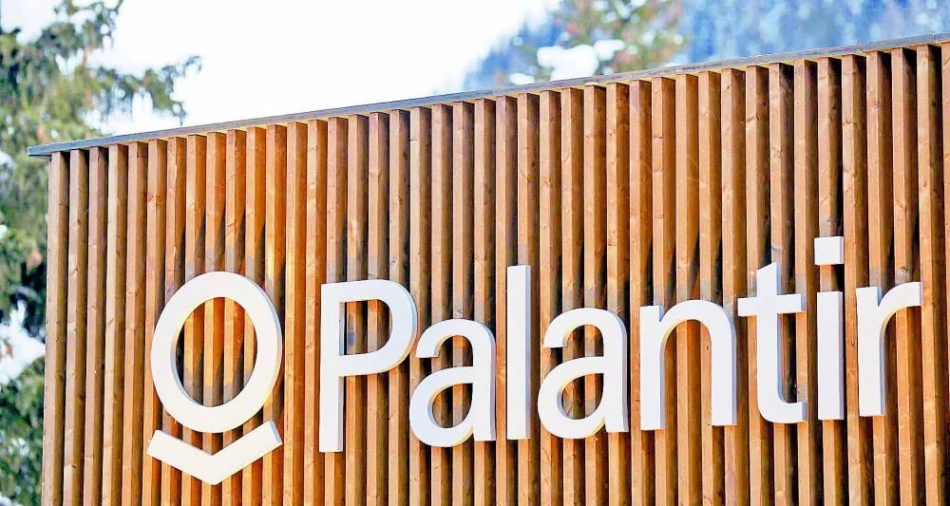
Panther Plummets 22% from Record Highs: Investors Brace for Market Volatility
Palantir's AI Bubble Reality Check: Sharp Selloff Exposes Valuation Concerns
Palantir Technologies has plunged over 22% from its August peak as investors question whether AI stocks have entered dangerous bubble territory. The data analytics company's six-day losing streak, including a 7% drop to $146 on Wednesday, highlights growing skepticism about sky-high valuations in the artificial intelligence sector—even as the stock remains one of 2025's top performers with 110% year-to-date gains.
The Perfect Storm Behind Palantir's Decline
The selloff reflects mounting pressure from multiple fronts. OpenAI's CEO recently warned about an impending AI bubble burst, sending shockwaves through tech investors who have poured billions into AI-related stocks over the past year. This macro concern hit Palantir particularly hard given its premium valuation and AI positioning.
Adding fuel to the fire, prominent short-seller Andrew Left of Citron Research issued a scathing report targeting Palantir's valuation. Left, known for his aggressive calls on overvalued stocks, suggested the company's fair value might not exceed $40—a devastating 73% below current levels. His track record of identifying overpriced tech stocks has given investors pause.
Government Contracts: The Trump Administration Wildcard
Despite the recent turbulence, Palantir's core thesis remains tied to expanding U.S. government contracts under the Trump administration. The company's specialized data analytics and surveillance capabilities align with the administration's focus on national security and border control initiatives. This government revenue stream has historically provided stability, but questions remain about whether it justifies the company's current market capitalization.
The government contracting space differs significantly from commercial AI applications. While companies like Microsoft and Google battle for enterprise AI customers, Palantir operates in a more specialized, higher-margin niche with longer contract cycles and deeper client relationships.
Broader AI Market Reckoning
Palantir's struggles mirror broader concerns about AI investment returns. Unlike the dot-com bubble of the late 1990s, today's AI enthusiasm is backed by real technological breakthroughs and revenue growth. However, the gap between current valuations and actual business fundamentals has widened considerably.
Comparisons to other high-flying AI stocks reveal similar patterns. Companies trading at 20-30 times revenue multiples face increasing scrutiny as interest rates remain elevated and investors demand clearer paths to profitability. The recent rotation from growth to value stocks has particularly impacted companies like Palantir that trade on future potential rather than current earnings.
The Profitability Test Ahead
The critical question for Palantir—and the broader AI sector—centers on converting technological capabilities into sustainable business growth. While the company has shown progress in commercial customer acquisition beyond its government base, scaling these relationships profitably remains challenging.
Market observers note that Palantir's ability to demonstrate concrete business value from AI applications, rather than just technological sophistication, will determine whether the stock can maintain its premium valuation. The company's upcoming earnings reports will likely focus heavily on commercial revenue growth and margin expansion.
For investors, Palantir represents both the promise and peril of AI investing. The technology is transformative, the government relationships are valuable, but the current price may have already discounted several years of perfect execution. As the AI market matures, companies will need to prove their worth through results, not just potential.
Most Viewed News

 Omar Rahman
Omar Rahman






